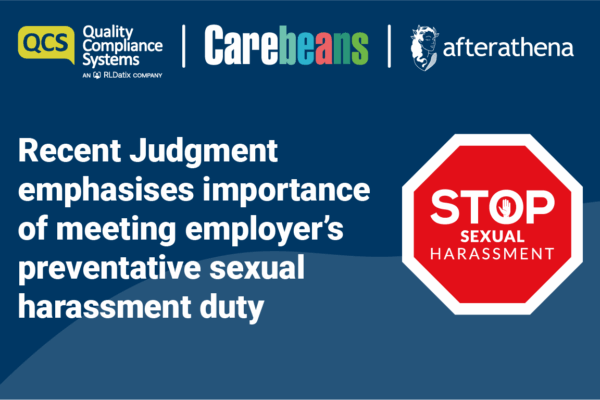The Problem
The second Monday in May marks the beginning of Mental Health Awareness Week, with the focus this year being on stress and how we cope with it.
This year’s focus is especially relevant to employers, with stress in the workplace becoming an increasing problem. A recent study carried out by the Mental Health Foundation has found that millennials (those ages between 18 and 38) feel most under pressure at work, compared to only 18% of baby boomers.
Work-related stress is currently the most common reason for sickness absence, accounting for 40 per cent of sick days, and costing employers upwards of £8.4 billion per year.
Not only does stress cost employers in absent workers and productivity, but it also has a detrimental effect on work relationships, with 37% of suffered more likely to come into conflict with colleagues and 50% reporting that stress makes them less patient with customers and clients.
Given the epidemic proportions of the issue revealed by these statistics, it is vital that employers take a proactive approach to tackling mental health problems and promoting employee well being through a supportive work environment.
Currently, just 14% of workers have reported feeling comfortable speaking to their manager about their stress levels and only 14% of managers have received mental health training. Although stress can’t always be prevented, ensuring that employees who raise concerns are met with acceptance and understanding is key in managing the problem.
The Solution
The first step in getting a handle on managing stress in the workplace is training. Managers should be on the look out for common signs of stress – increases in unexplained absences, procrastination, unsatisfactory performance, low mood, and poor decision making. A quiet word may reveal that the employee is not coping for a range of reasons – problems in their personal life, an unmanageable workload, workplace bullying, a lack of control over their workload and environment or anxiety over workplace changes.
Spotting the signs of stress early on can prevent the problem escalating into lengthy sickness absence and relationship breakdown.
Managers should also be trained on how to speak to employees about stress. These conversations can often be difficult for both parties; employees will likely find it awkward to reveal their distress and may fear being discriminated against.
As we have first aiders in the workplace, employers would do well to consider designating mental health aiders, specifically trained and designated to provide an open channel of support.
Other steps may include:
- Encouraging staff to develop Wellness Action Plans, identifying triggers, symptoms and support required
- Making simple changes to working arrangements such as allowing more rest breaks, or helping the employee to prioritise their workload can have a big impact
- Treating mental health as you would any other illness
- Considering whether there are any reasonable adjustments you should make under the Equality Act, to help an employee stay in work, or to return to work
- Monitoring staff workloads, setting realistic targets, and ensuring staff are receiving the support that they need
- Offering mental health days to allow employee struggling with their mental health a period of leave to concentrate on their well-being.
Employers who effectively manage stress in the workplace will reap the benefits of increased productivity, higher retention rates and a happy and thriving workforce.







